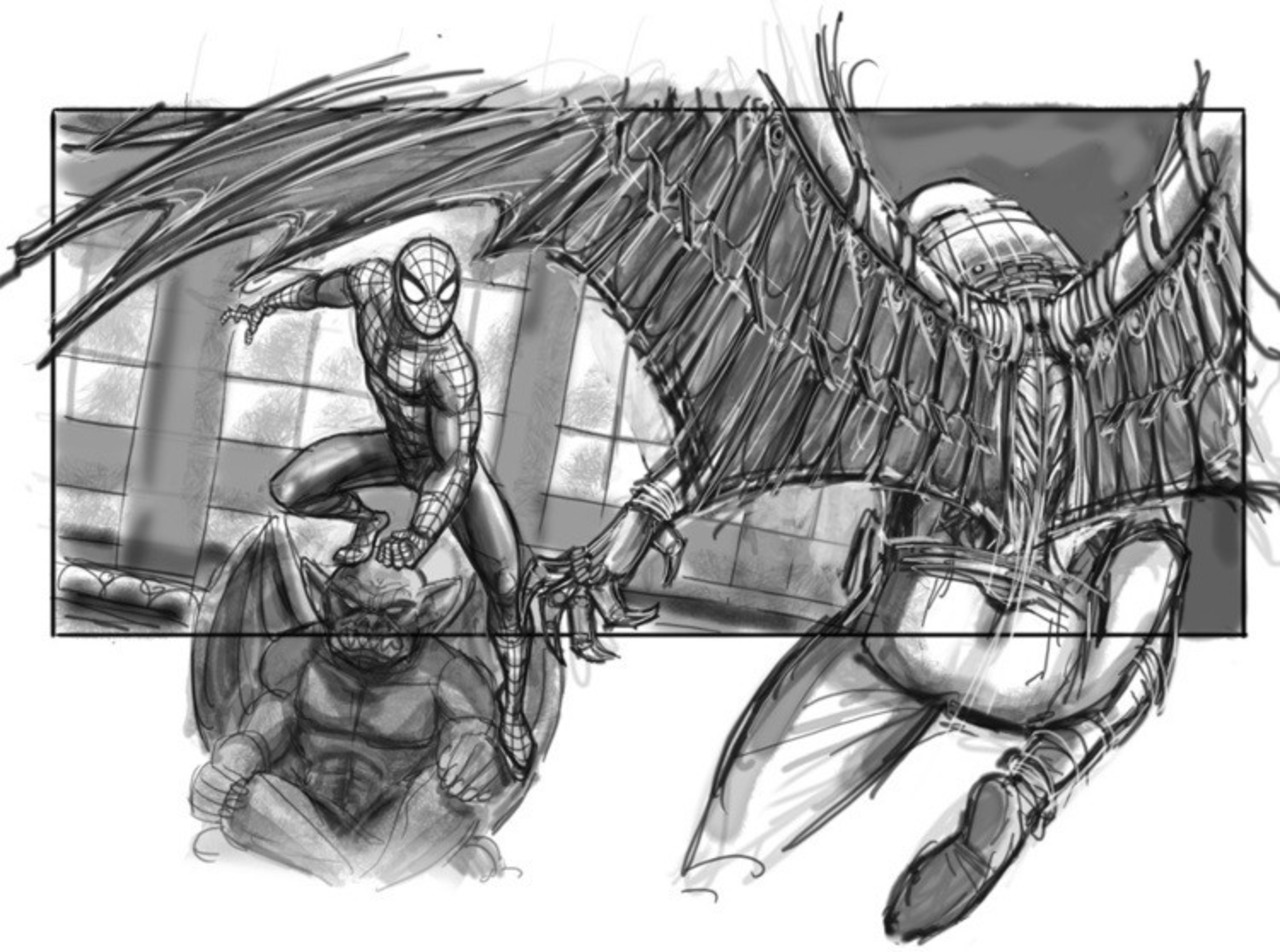Why We've Never Been Closer To Raimi's Spider-Man 4
Raimi's Spider-Man 4 - What Went Wrong, & Why We're Still Talking About It

One of the big reasons why Spider-Man 4 is still capturing attention is that, at one point, it seemed like an inevitability. Despite garnering less critical praise than the preceding two efforts, Spider-Man 3 was still a huge box office success, ending its theatrical run as the highest-grossing entry of Raimi's trilogy. Plans for a sequel were quickly publicised, with Sony marking in a May 2011 premiere date, and Raimi, Maguire and Dunst all confirming their involvement. John Malkovich was eyed for the part of the Vulture - in this interpretation a ruthless military contractor - and Anne Hathaway for Felicia Hardy, aka Black Cat. Bruce Campbell was also set to benefit from a slightly larger role as Quentin Beck, better known by his villainous moniker of Mysterio.
Spider-Man 4 was shelved three years after its announcement, however, due to a mixture of contributing factors. Raimi himself was reportedly displeased with Spider-Man 3 and also struggled with the script for the Vulture-focused follow-up. With Sony adamant that a 2011 release date had to be met, and pre-production stalling, Raimi excised himself from the project completely, with the studio then announcing that the franchise would be rebooted. The Amazing Spider-Man, starring Andrew Garfield as Peter Parker, was released in 2012 (a year later than the do-or-die 2011 deadline Sony had placed on Raimi), with Spider-Man 4 well and truly buried.
Not that the sequel's cancellation stopped conversations surrounding it. The fact that The Amazing Spider-Man released in such close proximity to the Raimi films provoked a sense of confusion; Spider-Man 3 was only five years old when the Garfield-Emma Stone-led reboot premiered, and it also retrod familiar ground as an origin story. What was the point of doing away with Raimi's interpretation if the results were so familiar and - worse still - so sauceless? This sentiment has been exacerbated in retrospect by the fact the Garfield incarnation received only two dedicated outings of middling quality, sandwiched between Raimi's peerless originals and a juggernaut franchise in the MCU. There will be those out there who feel that the Marc Webb films are valid and worth celebrating - evidently so, given their representation in No Way Home - but they'll always be the ones that came in place of Spider-Man 4.
Regardless of how that film would have turned out in its original incarnation, in a straight shoot-out between The Amazing Spider-Man and another wall-crawler film from Raimi, we have a perfect "nuclear bomb versus coughing baby" scenario.
The same could arguably be said of the Jon Watts films starring Tom Holland, which fail to compete with Raimi's incarnation on both a technical and thematic level by sidestepping Peter Parker's working-class origins and spotlighting digital sludge. Heck, No Way Home itself was a huge phenomenon precisely because it hinged on characters and motifs from Raimi's trilogy. Despite that interpretation coming to a close in 2007, its shadow has loomed large over Spider-Man specifically and comic book cinema more generally ever since.
[Article continues on next page...]